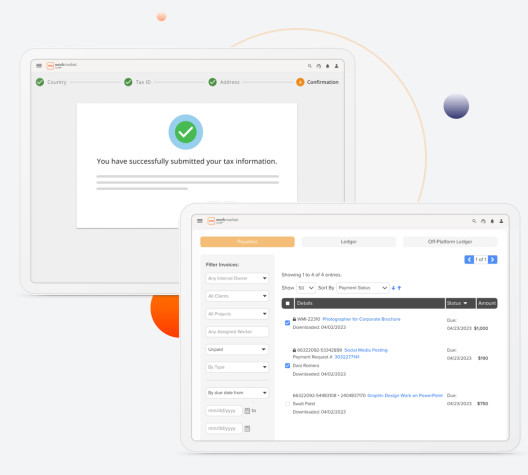“Any company that has a contractor workforce should strongly consider WorkMarket. The platform makes bringing on contractors easy, paying them seamless, and mitigates the compliance risks we were concerned about.”
Erika Cohen, COO, Institutional Real Estate, Inc.





